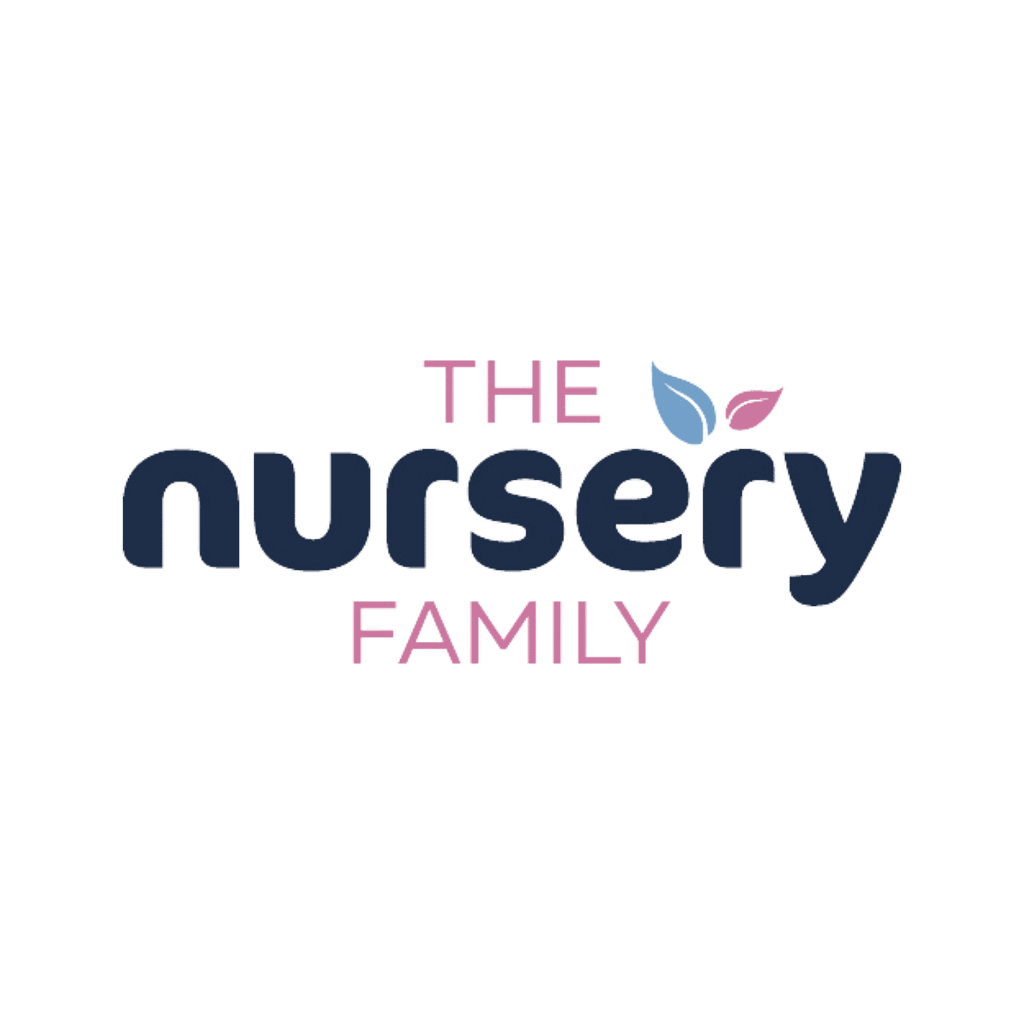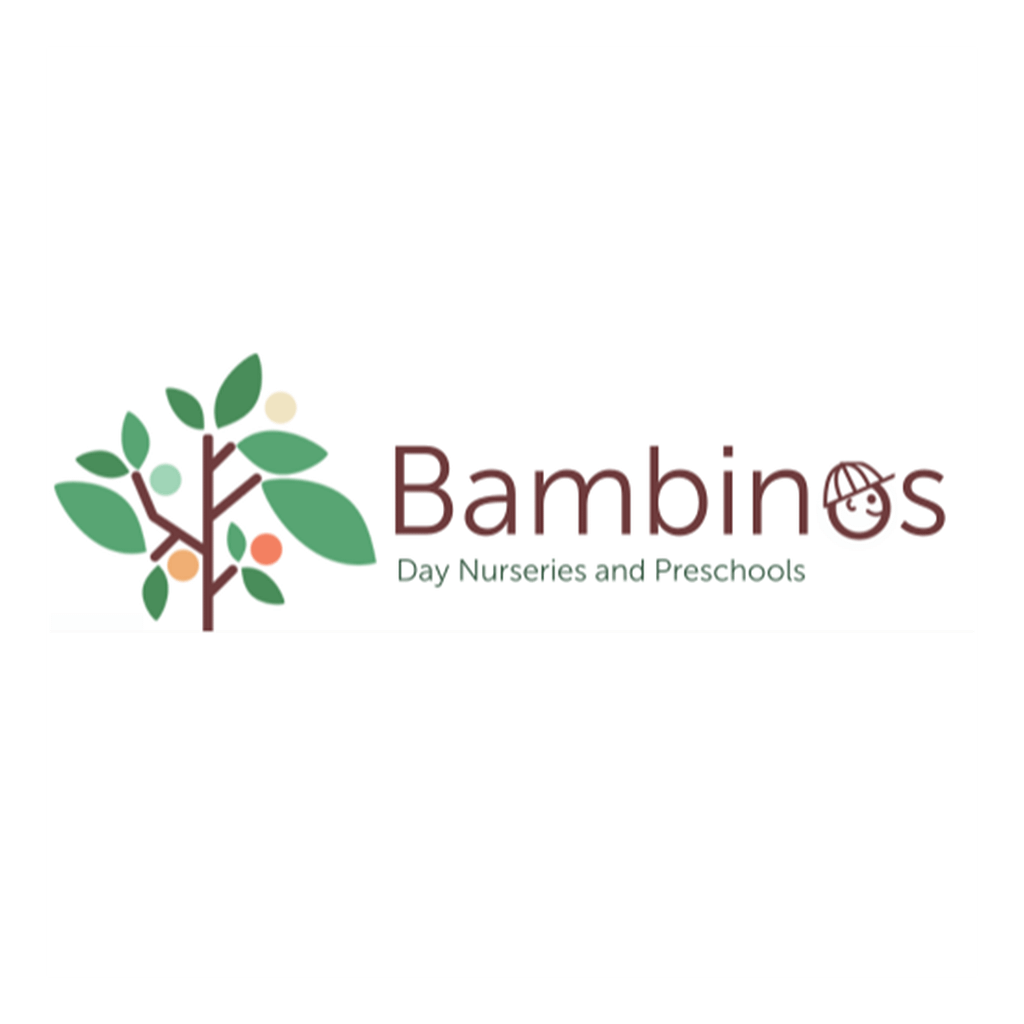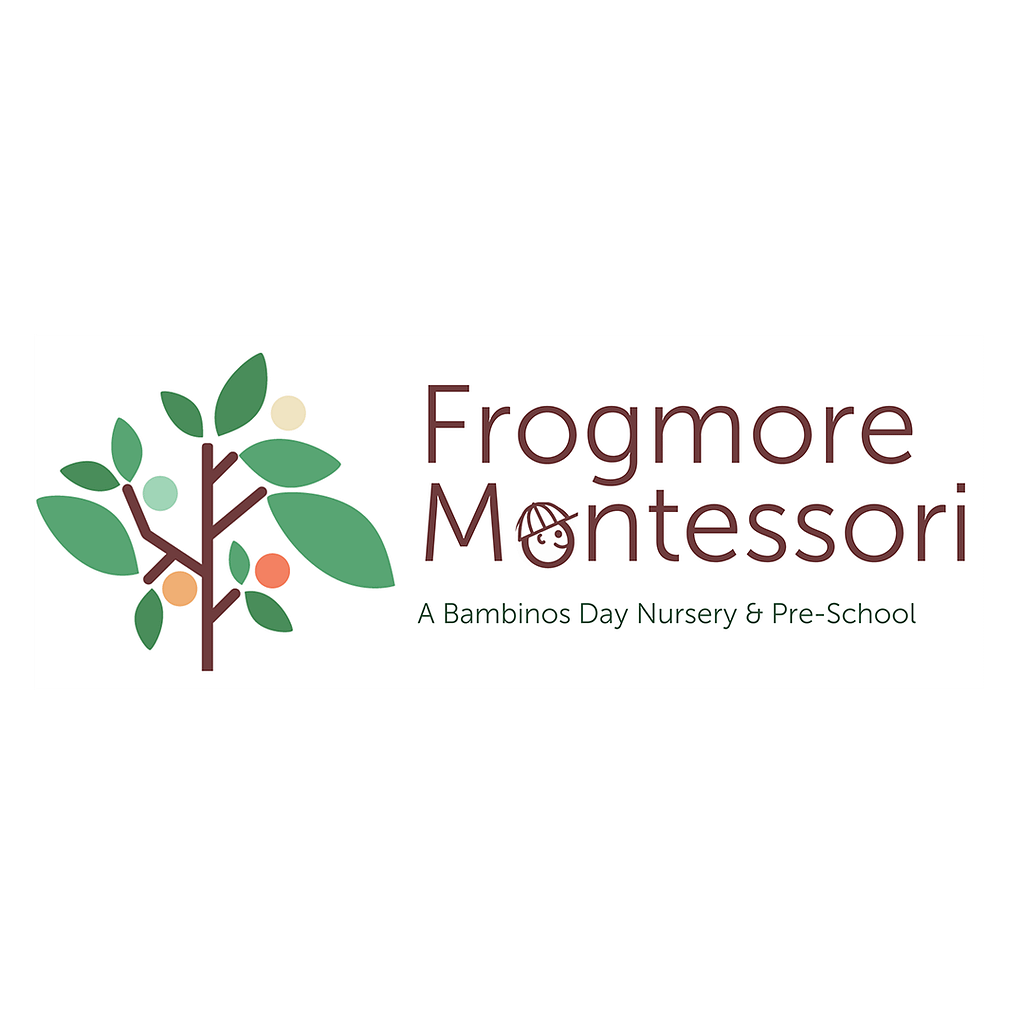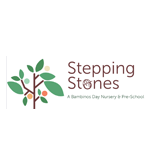
Our Ethos and Curriculum
We have diligently crafted and implemented a comprehensive early year’s curriculum tailored to address the unique needs of each child in our care. Our curriculum encompasses a spectrum of experiences, learning objectives, and developmental goals that we aspire for every child to attain. Our overarching aim is to foster an ambitious and inclusive learning environment, imparting knowledge, skills, and understanding to all children.
Central to our approach is a close partnership with parents, leveraging the strengths of each child and creating a welcoming, stimulating atmosphere. We consistently uphold an inclusive and holistic perspective on child development, nurturing and supporting each child’s progression. Aligned with the Early Years Foundation Stage (EYFS) framework, our nursery settings adhere to established guidelines. We are dedicated to the optimal implementation of the EYFS framework, providing rich opportunities for children to grow, explore, and realize their full potential.
Our philosophy encourages children to cultivate autonomy, curiosity, and a sense of wonder. We aim to nurture independent critical thinkers who embark on their developmental journey with confidence and fulfilment. We actively support every child’s progress and achievement by closely adhering to the Early Years Foundation Stage Framework. Through continuous observation, assessment, planning, adjustment, and evaluation, we tailor our approach to meet the individual needs of each child.
Our curriculum comprehensively covers all critical areas of learning and development, spanning from infancy to children aged 5, making it ideally suited for the diverse needs of children in our care.

Each iStep Nursery and Preschool:
- Provides high quality care and education for children primarily below statutory school age.
- Works in strong partnership with parents to help children to learn and develop.
- Adds to the life and well-being of its local community.
- Offers children and their parents a service, which promotes equality and values diversity; and
- Keeps up to date with current guidelines and publications for Early Years.
At each iStep Nursery and Preschool, your child:
- Is in a safe and stimulating environment;
is given generous care and attention, because of our high ratio of adults to children. - Every child if given the chance to join with other children and adults to live, play, work and learn together.
- Is helped to take forward her/his learning and development by being helped to build on what she/he already knows and can do.
- Has a personal key person who makes sure your child makes satisfying progress.
- Will benefit from qualified teachers and those with Early Years Professional Status or equivalent.
- Is in an environment which sees you as a partner in helping your child to learn and develop; and
- Is in an environment in which parents help to shape the service it offers.
Curriculum

Children start to learn about the world around them from the moment they are born. Our care and education helps children to continue to do this by providing all of the children with interesting activities that are right for their age and stage of development.
Each of our nurseries designs a curriculum system tailored to its unique characteristics based on the local community context. However, the core remains consistent, adhering to the Early Years Foundation Stage Framework (EYFS) principles and aligning with the overall developmental needs of children. This principle and curriculum are set out in a document, published by the Department for Education and Skills.
All iStep practitioners follow the EYFS Statutory Framework and the EYFS Development Matters guidance. The reformed EYFS has been in place from September 2012 and updated in 2017, 2021 and 2023. We ensure it is implemented and staff fully trained in its changes and developments as standard.
There are seven key areas within the early years curriculum. These include three ‘prime’ areas which, in turn, interconnect and enhance the remaining four — each helping to improve the other.
The three prime areas are:
Personal, Social and Emotional Development
Early learning goals include – Self-Regulation, Managing Self and Building Relationships.
Physical Development
ELGs include – Gross Motor Skills and Fine Motor Skills.
Communication and Language
Early learning goals include – Listening, Attention and Understanding, Speaking
Specific areas of learning;
- Literacy: ELGs include – Comprehension, Word Reading, Writing
- Mathematics: ELGs include – Number, Numerical Patterns.
- Understanding the World: ELGs include – Past and Present, People, Culture & Communities, The Natural World.
- Expressive Arts and Design: ELGs include – Creating with Materials, Being Imaginative & Expressive.








